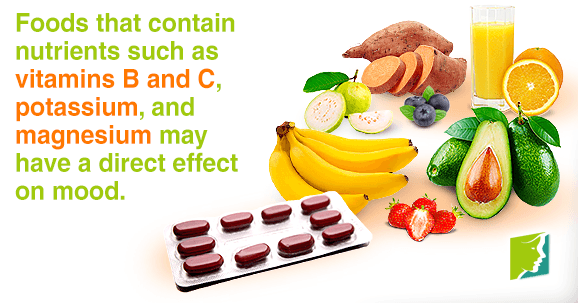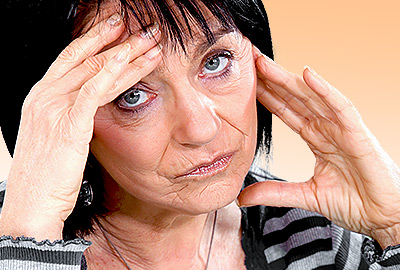Depression is a continuous feeling of sadness and melancholy, and it can lead to a lot of unpleasant symptoms. As a result of depression, relationships and work life can be affected, leading to a seemingly unbreakable cycle of negativity. Of course, most sufferers want to cure and prevent depression, but are unsure of the best way to do this. Many turn to vitamins and supplements, seeing this as a healthy, easy, and quick solution, but are they really a viable solution? Read on to find out the arguments and evidence for and against this claim.
Yes
It is no secret that proper nutrition is key to health and vitality, and clearly those with a healthy, balanced diet are more likely to beat their depression than those who live on fast food. Therefore, taking supplements seems like an obvious solution. In modern life, it is not always possible to make sure every meal is nutritionally balanced, and some people might not have time to eat a variety of fruits and vegetables every day, leading to a possible deficiency in important substances, such as vitamin C, potassium, and magnesium. For those with a less healthy diet, vitamin supplements could make all the difference.
Some vitamin supplements, such as B vitamins, have been shown to have a direct effect on mood and are generally low-risk. Therefore, taking a vitamin supplement for vitamins in which you are deficient can accompany other therapies. For some severe types of depression, however, these might not be enough, in which case, stronger medical intervention might be necessary. For those who do not require antidepressants, however, a vitamin supplement is an easy and effortless way to complement other healthy lifestyle choices and elevate the emotional state.
No
While the topic is still under research, it is theorized that vitamin supplements are not as well absorbed by the body as vitamins from food. This may be because food contains other compounds that facilitate the absorption or availability of vitamins. An isolated vitamin runs the risk of simply being excreted. Therefore, eating a healthy and well-balanced diet should be prioritized over a vitamin supplement regimen.
As important as a healthy lifestyle is to beat depression, the most vital thing is to deal with the underlying causes. Therefore, vitamins and other healthy lifestyle habits can help facilitate recovery, but for many people, the true solution is to use some kind of talking therapy to identify the reasons for the negativity and develop ways to deal with them. In short, vitamins might help, but they are not always enough.
Every person who has depression is going to experience it differently, and therefore each individual is going to have solutions that work for them that might not work for others. As a result, vitamins could be a big part of the solution for some, but evidence seems to point to the fact that vitamins are more of a complementary therapy rather than a solution in themselves. The most important thing is to talk to a doctor and try to work through the issues causing the depression in the first place. Read more about treatments for depression.
Sources
- Bertone-Johnson, E.R. et al. (2011). Vitamin D intake from foods and supplements and depressive symptoms in a diverse population of older women. The American Journal of Clinical Nutrition, 94(4), 1104-1112. doi: 10.3945/ajcn.111.017384
- Mayo Clinic Staff. (2014). What's the relationship between vitamin B-12 and depression? Retrieved October 24, 2014, from http://www.mayoclinic.org/diseases-conditions/depression/expert-answers/vitamin-b12-and-depression/faq-20058077
- National Health Service UK. (2014). Clinical depression. Retrieved October 24, 2014, from http://www.nhs.uk/conditions/depression/pages/introduction.aspx
- Rao, T.S. et al. (2008). Understanding nutrition, depression and mental illnesses. Indian Journal of Psychiatry, 50(2), 77-82. Retrieved from http://www.ncbi.nlm.nih.gov/pmc/articles/PMC2738337/
- Teens' Health. (2012). 5 Ways to Fight Depression. Retrieved October 24, 2014, from http://teenshealth.org/teen/your_mind/problems/depression_tips.html
- U.S. Department of Agriculture. (n.d). National Nutrient Database. Retrieved October 24, 2014, from http://ndb.nal.usda.gov/ndb/nutrients/index




